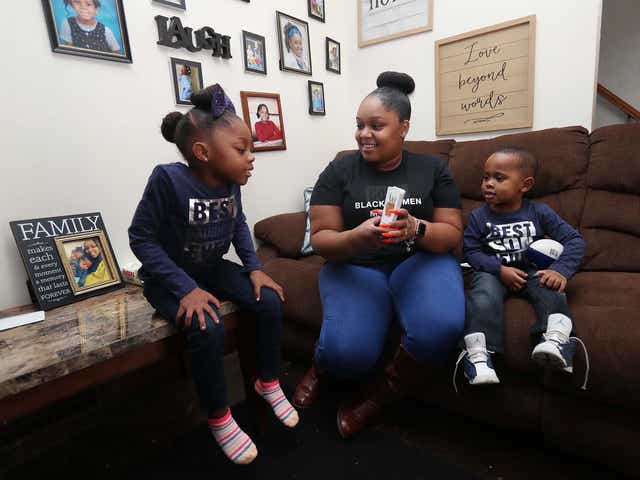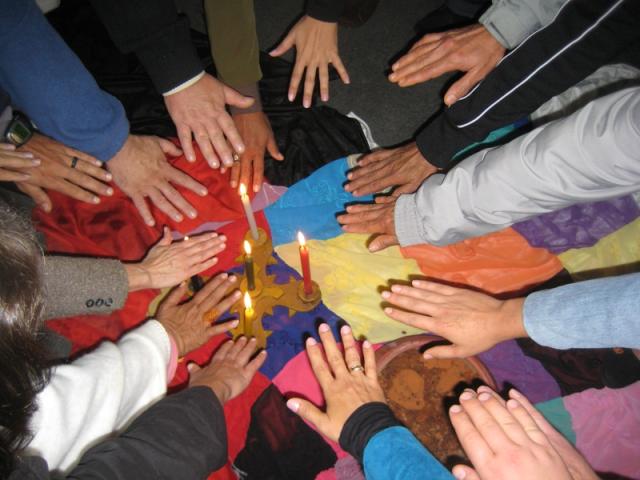The race is a 19th-century pseudo-scientific building that has actually been rejected considering that the human species (homo sapiens) can not be genetically hence compartmentalized. There are certainly shallow visible distinctions that have actually been historically determined, for example, as Negroid, Mongoloid and Caucasoid. Superior pressure allied to the development of scientific research and also innovation favoured the European Caucasoid races (so-called) and also allowed them to define as well as dominate the contemporary world order. There adhered to an assumption of supremacy by the Whites over Blacks as well as Yellow ‘races’. Bigotry is based on the idea that regarded racial distinctions likewise account for differences in natural human features and also capability. Although unmasked by scientific research, such beliefs continue and also are still the cause of discrimination and also prejudice.
Bigotry is not the same as ethnocentrism. While race is seen as specifying the identification of a person with taken care of innate and also unalterable attributes, ethnic identity is gotten as well as learned through a common culture of language, customs and also belief systems, and also often a shared location. Today, there is even more problem over ethnic distinctions than race in developing divisiveness worldwide and also as a result has the gravest implications for counselling connections. That does not mean that racism does not exist in some contexts equally as sexism stays an issue calling for continuous monitoring as well as in some cases litigation also in the industrially industrialized countries of the world today.
Acknowledgement – that monocultural designs of counselling as well as treatment that dominated up until the mid-20th century to take care of problems provided by today’s racial and also ethnic diversity in the majority of nation-states was inadequate – led to reconsider in favour of a modern technique (Sue & Sue 1999). Hitherto, counsellors and also therapists had actually been learnt the psychodynamic, person-centred, as well as cognitive behaviour therapy versions, to call however a significant few.
File A Claim Against as well as Sue (1999) were the very first to suggest a concept of modern therapy and therapy (MCT). The hitherto ‘invisible various other’ came to be strongly visible with the Black Civil Liberty Motion (US), as well as compelled counsellors to check out the influence of cultural identification and variety in the therapy connection. The objective of counselling was no more to urge and apply ‘assimilation’ of the ‘other’ into the leading culture, yet to empathise as well as check out the assumptive globe of the client from whatever history he/she came from. Combination, rather than adaptation, where people coming from a minority culture could protect their cultural identity, and also co-exist with the bulk, began to be valued.
It was quickly apparent that counsellors can no more neglect their own social history and also just how that impacted a client from other, rather different backgrounds. The counsellor needed to be familiar with the socio-political impacts which shape a minority client without which there would certainly be no basis for interaction.

Progressively, counsellors are needed to offer their solutions to travellers, asylum applicants and also refugees. Nonetheless, analysts on ‘variety and counselling’ have actually argued against ‘target group-oriented strategies. Individuals in these teams do not necessarily have comparable experiences nor do they react to their experiences in any standardised fashion.
Target team positioning ‘constructs’ the customers targeted by the therapy programmes mainly in regards to attributes of individuals or social groups. Such building methods are criticised in the social scientific research as essentialising because the individual life circumstance of the individual influenced is minimized in its legal, financial and also social measurements to this set setting apart particular; all other personality qualities are regarded as secondary or subsidiary to the fact that the individual is among other points a migrant, has a handicap.
It is alleged that currently there are around 145 million people who have actually chosen to live outside their native land. The majority of these people are voluntary migrants in search of a far better life (to them) in a new nation. Without a doubt, the UN estimates that concerning 2 million individuals will annually migrate from the much less established regions of the globe to established countries till at least the year 2050. Nevertheless, an enhancing variety of today’s travellers are asylum applicants and also evacuees required to flee their country of origin due to wars, all-natural disasters, and ethnic problems. Intercultural coaching to deal with the process of assimilation or adaptation in the host countries of such a big and also varied influx of people is ending up being ever more immediate and also imperative. Variety, as well as pluralism, are the characteristics of the postmodern world.
The British Psychological Culture in a Unique Problem on Refugees as well as Asylum Seekers looked to resolve this issue. See The Psychologist, March 2007. It makes use of the much more comprehensive term ‘neighbourhood psychology’, rather than the rather stirring cross-cultural, transcultural or intercultural, terminology that has actually gotten money in the US. Neighbourhood psychology is said to bring into play the philosophical ‘suggestions of social constructionism’ (op cit p156). As early as the 1960’s Gilbert Wrenn was promoting that counsellors ought to take an overall, international sight of their clients in their ‘social/cultural predicament’ (Wrenn, 1964). Social constructionism as the guiding principle of counselling and treatment has additionally triggered the recognition of the importance of story or tale-telling as the main setting of discussion as well as discussion between the client as well as the therapist. Gergen says that it is just counselling discourse that ‘makes it possible for customers to re-story their lives, to conceptualize their life trajectories in new and much more habitable methods’.
Once again, it was Wrenn that initially coined the term ‘cultural encapsulation’ to draw attention to the plight of the counsellor that was unable to burst out from his/her own social structure and see the globe from one more’s point of view. The culturally encapsulated counsellor, according to Wrenn (op cit) ‘holds at the centre an idea of normality ‘originated from the dominant (white, middle class)) culture, which is irrelevant to lots of customers as well as probably might alienate them. Paul Pedersen (1991) proceeds the disagreement by describing the ‘encapsulated counsellor’ who brings his/her own biases as well as does not check them versus the customer’s perception of self as well as others. His definition of multicultural coaching is a lot more comprehensive and consists of:
Ethnographic variables such as ethnicity, citizenship, faith and language; market variables such as age, sex as well as a place of residence; standing variables such as social, instructional and financial; and also associations consisting of both formal affiliations to family members or companies as well as informal associations to ideas and also a way of life (RaceAgainstRacism).
As the humanist counsellors have constantly acknowledged, both clients’ and also counsellors’ ‘identifications are formed and also embedded in multiple degrees of experience (person, the team as well as universal) as well as contexts (individual, family and also social milieu)’. The agreement is clear that there are a lot more variables one needs to contend with when counselling clients from histories really vary from that of the counsellor.
Allow us to remind ourselves of the frequently agreed minimum skills asked of the counsellor before taking on a coaching job. To start with, the counsellor must have respect for the customers individual and his/her worth system. The counsellor is anticipated to be non-judgemental and reveal favourable regard. He/she must create rapport and also get the trust of the client. He/she must listen proactively, and use reflective skills so as not to misinterpret the customer’s problems. He/she should not shirk self-disclosure when that is asked for. This suggests that the counsellor is genuine and also models authentic behaviour as well as anticipates the exact same from the client.





